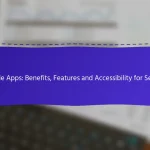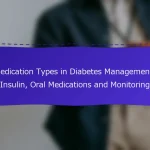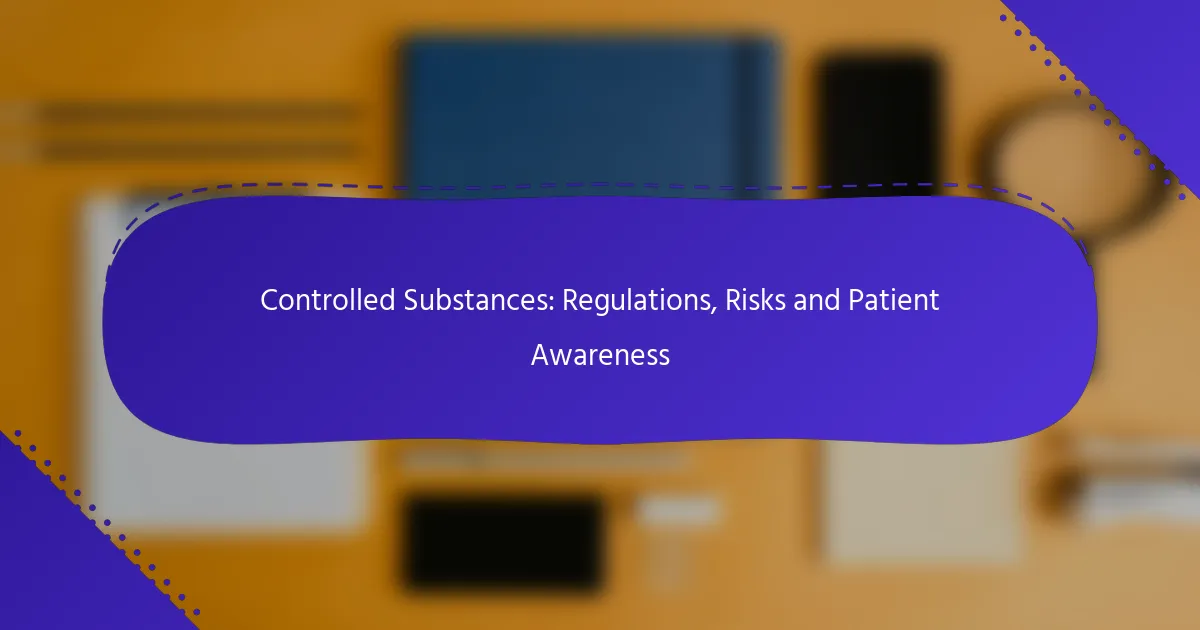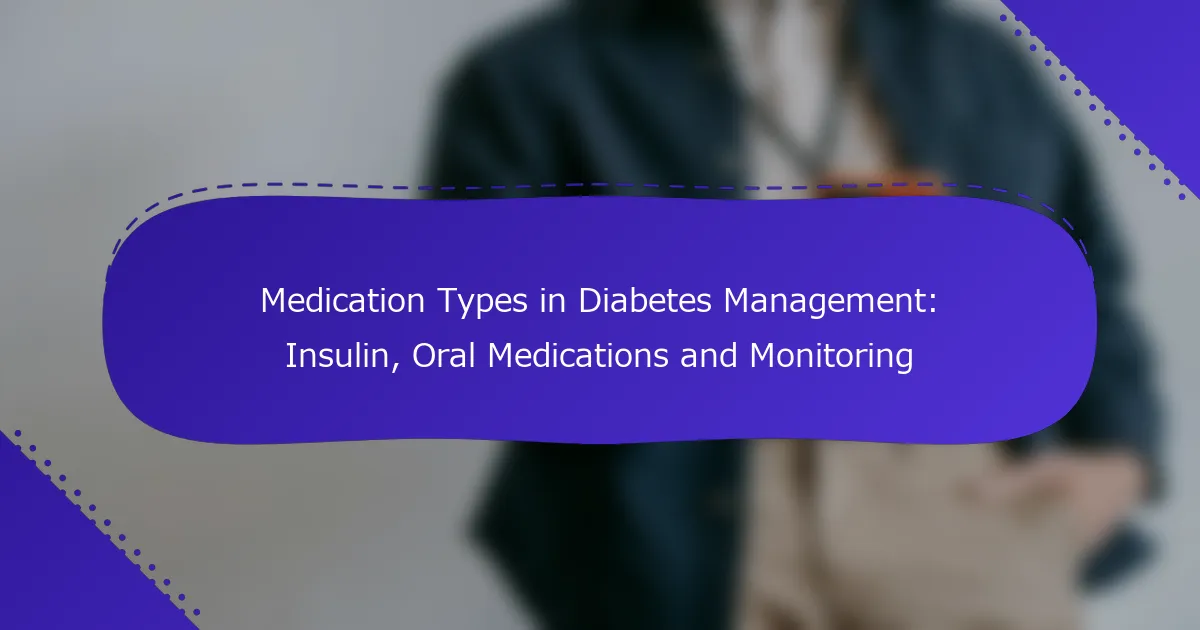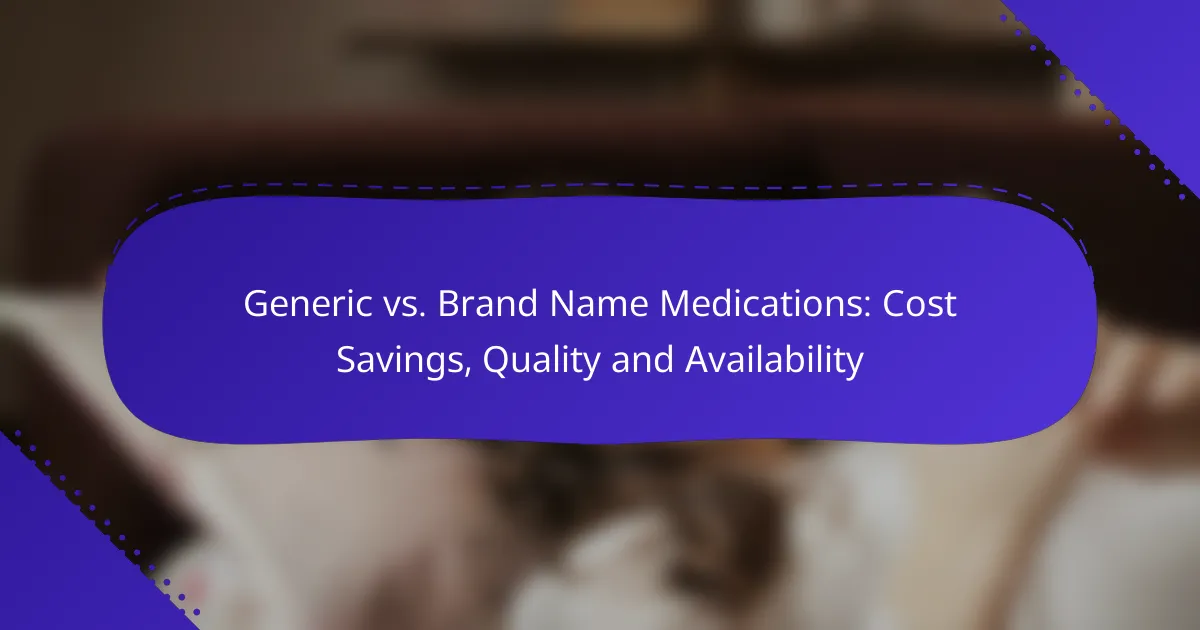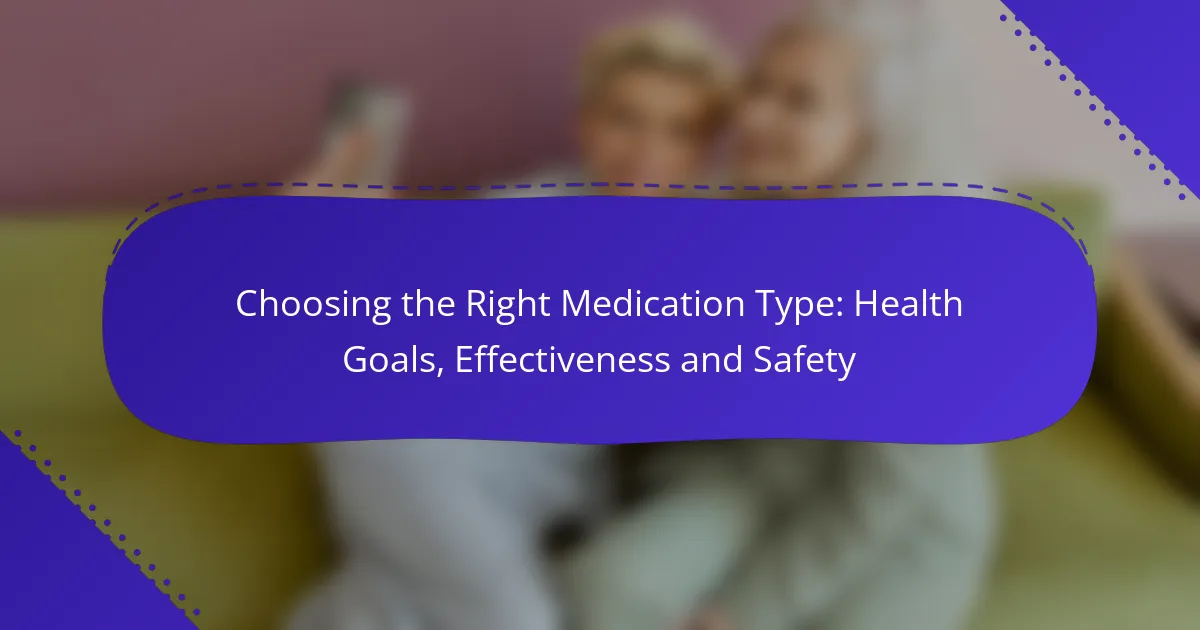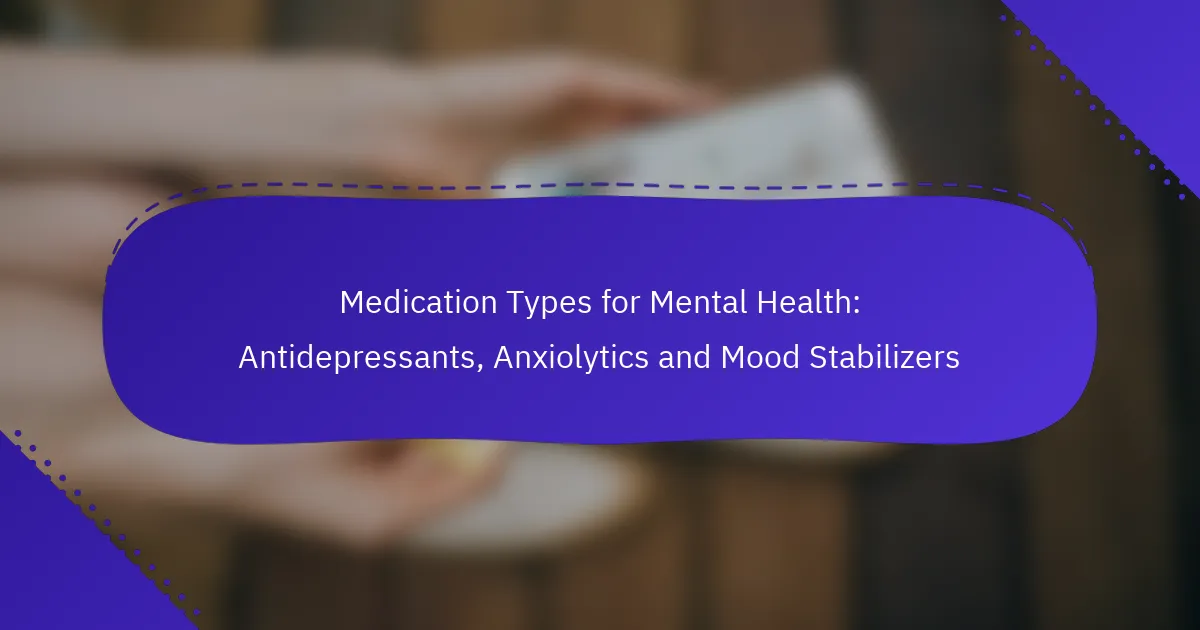Kontroliuojamos medžiagos yra griežtai reguliuojamos, siekiant užtikrinti visuomenės saugumą ir leisti būtinas medicinines programas. Tačiau jos kelia įvairių rizikų, įskaitant sveikatos komplikacijas ir teisines pasekmes, todėl svarbu, kad pacientai ir sveikatos priežiūros specialistai būtų informuoti apie šias problemas. Pacientai gali didinti savo sąmoningumą apie kontroliuojamas medžiagas, išmokdami apie jiems paskirtus vaistus, jų galimus pavojus ir piktnaudžiavimo požymius.
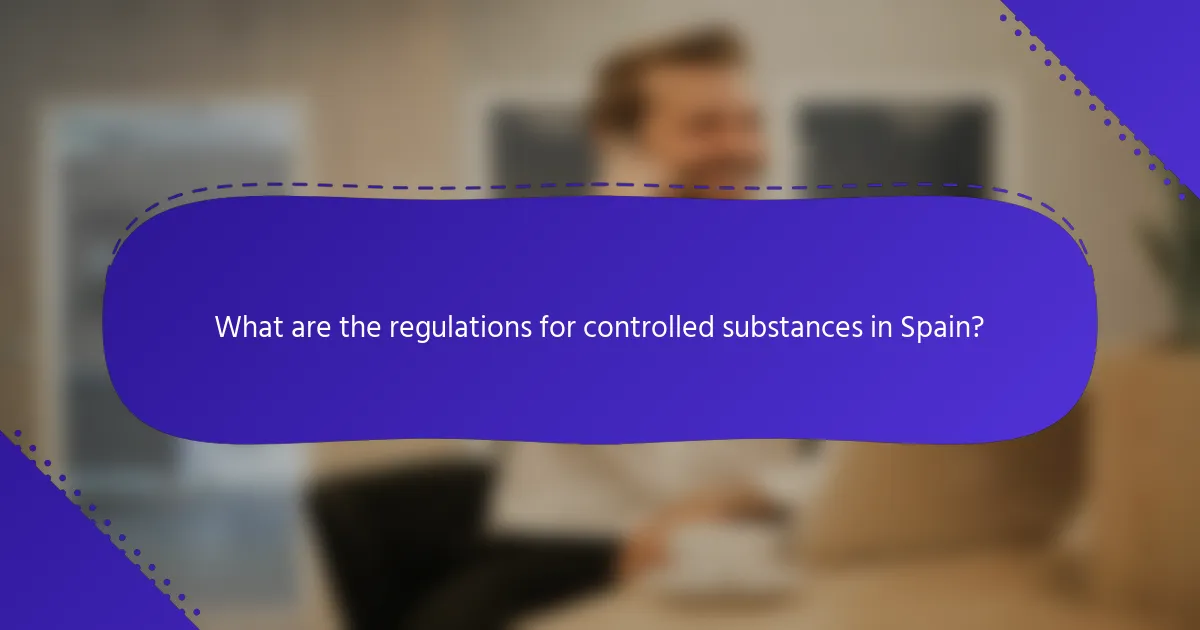
What are the regulations for controlled substances in Spain?
In Spain, the regulations for controlled substances are governed by strict laws that categorize drugs based on their potential for abuse and medical use. These regulations aim to ensure public safety while allowing for necessary medical applications.
Spanish Drug Law Overview
The Spanish Drug Law, primarily established by the Law 17/1967, regulates the production, distribution, and consumption of controlled substances. This law classifies drugs into different categories, each with specific legal implications regarding their handling and prescription.
Additionally, Spain adheres to international treaties, such as the United Nations Single Convention on Narcotic Drugs, which influences its national legislation. Violations of these laws can lead to severe penalties, including fines and imprisonment.
Key Regulatory Agencies
The primary agency overseeing controlled substances in Spain is the Spanish Agency of Medicines and Medical Devices (AEMPS). This agency is responsible for the regulation and monitoring of pharmaceuticals, ensuring compliance with safety standards.
Other relevant agencies include the Ministry of Health, which formulates drug policy, and the Spanish National Police, which enforces laws against illegal drug trafficking. Collaboration among these agencies is crucial for effective regulation and public health protection.
Classification of Controlled Substances
Controlled substances in Spain are classified into several schedules based on their potential for abuse and therapeutic value. Schedule I includes substances with no accepted medical use, while Schedule II covers those with high potential for abuse but accepted medical applications.
Examples include opioids, which are classified under Schedule II, indicating their medical use in pain management but also their risk for addiction. Understanding these classifications is essential for healthcare providers and patients to navigate legal and medical frameworks effectively.
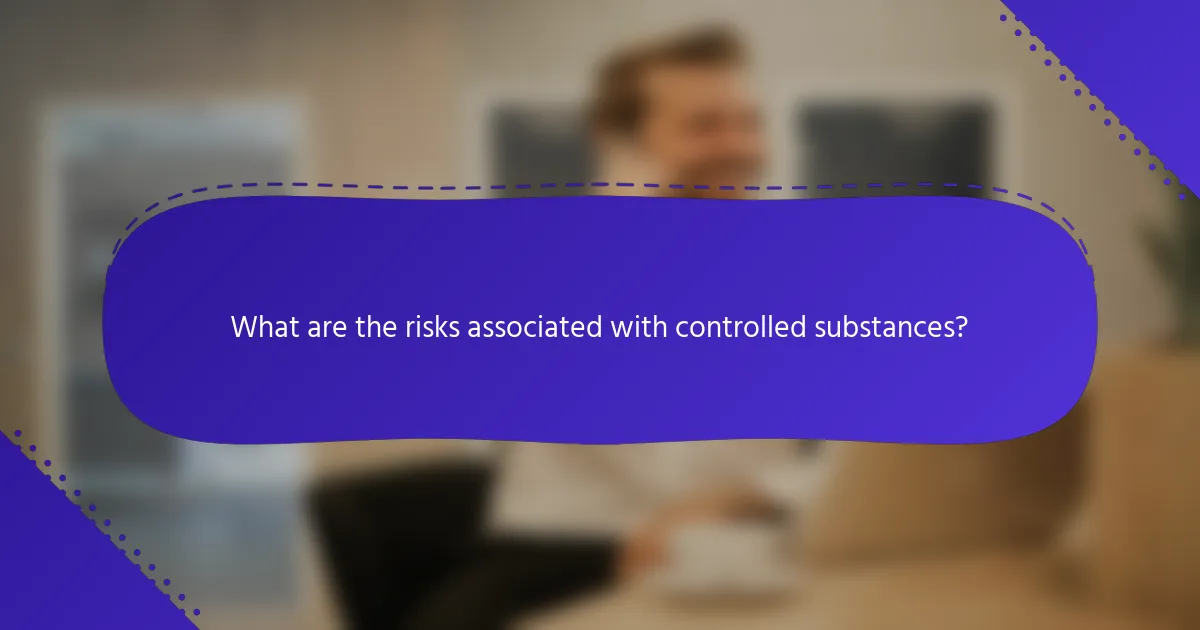
What are the risks associated with controlled substances?
Controlled substances pose various risks, including health complications, legal consequences, and social challenges. Understanding these risks is crucial for patients and healthcare providers to make informed decisions regarding their use.
Health Risks
Health risks associated with controlled substances can range from mild side effects to severe health issues. Common risks include addiction, overdose, and the potential for long-term physical and mental health problems. For instance, opioids can lead to respiratory depression, while stimulants may cause cardiovascular issues.
Patients should be aware of the signs of misuse, such as increased tolerance or withdrawal symptoms, and seek help if they notice these indicators. Regular consultations with healthcare professionals can help manage these risks effectively.
Legal Risks
Legal risks surrounding controlled substances can be significant, including potential criminal charges for possession or distribution without a prescription. In Lithuania, strict regulations govern the use of these substances, and violations can lead to heavy fines or imprisonment.
It is essential for patients to understand the legal framework regarding their medications, including the importance of proper documentation and adhering to prescribed dosages. Engaging with healthcare providers can ensure compliance with local laws.
Social Implications
The social implications of using controlled substances can affect personal relationships, employment opportunities, and community standing. Stigma surrounding substance use can lead to isolation and discrimination, impacting mental well-being.
Patients should consider the potential social consequences of their medication choices and seek support from family, friends, or support groups. Open communication about their treatment can help mitigate negative perceptions and foster understanding.
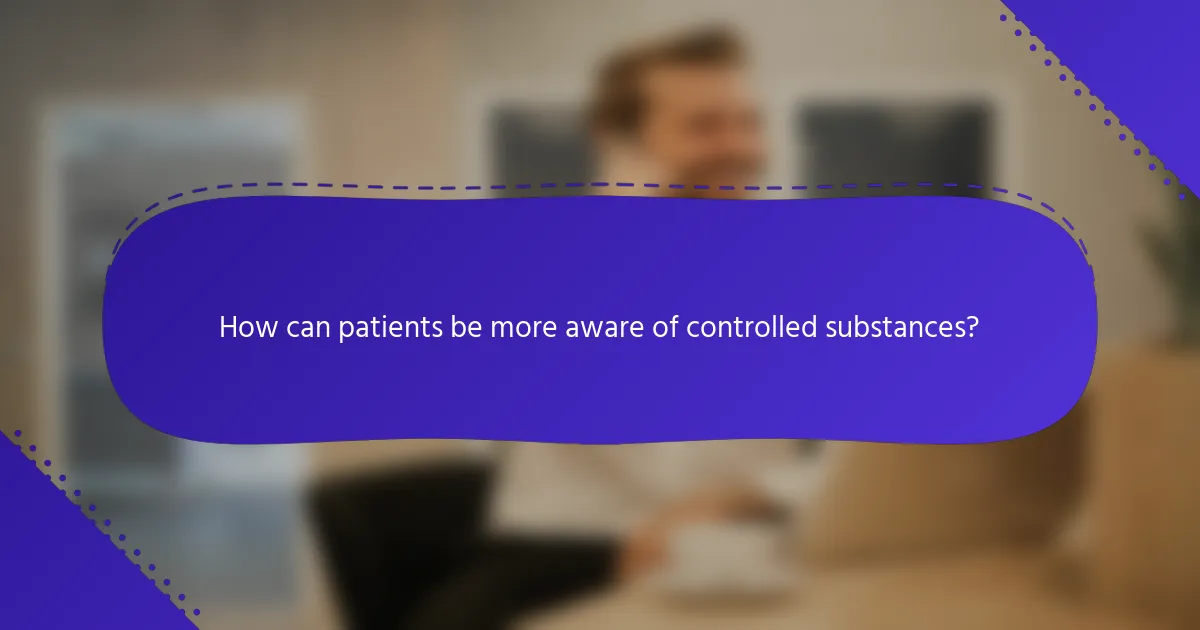
How can patients be more aware of controlled substances?
Patients can enhance their awareness of controlled substances by educating themselves about the medications they are prescribed, understanding their potential risks, and recognizing signs of misuse. Being informed empowers patients to engage in safer practices and communicate effectively with healthcare providers.
Patient Education Resources
Numerous resources are available to help patients learn about controlled substances. Websites such as the National Institute on Drug Abuse (NIDA) and local health department portals provide valuable information on the effects and regulations surrounding these drugs. Additionally, pharmacists can offer personalized guidance on medication use and safety.
Patients should also consider attending workshops or seminars focused on substance use and health. These educational opportunities can provide insights into safe medication practices and the importance of adhering to prescribed dosages.
Signs of Misuse
Recognizing the signs of misuse is crucial for patients and their families. Common indicators include taking medication in larger amounts or for longer than prescribed, seeking prescriptions from multiple doctors, or experiencing withdrawal symptoms when not using the substance. Observing changes in behavior, mood swings, or neglecting responsibilities can also signal potential misuse.
If patients notice these signs in themselves or loved ones, it is essential to seek help promptly. Early intervention can prevent more severe health issues and facilitate a path to recovery.
Support Groups and Hotlines
Support groups and hotlines play a vital role in providing assistance to those struggling with controlled substance misuse. Organizations such as Alcoholics Anonymous (AA) and Narcotics Anonymous (NA) offer community support and resources for individuals seeking recovery. These groups foster a sense of belonging and understanding among members who share similar experiences.
Hotlines, such as the Substance Abuse and Mental Health Services Administration (SAMHSA) helpline, offer confidential support and guidance 24/7. Patients can call these services for immediate assistance, information on treatment options, and referrals to local resources.
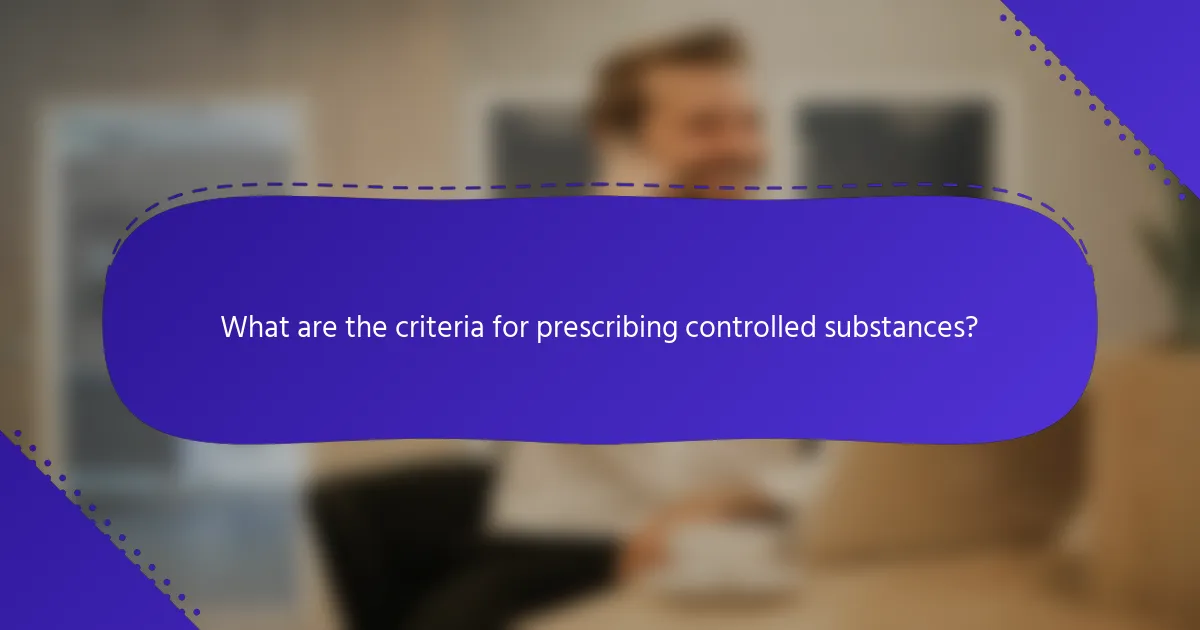
What are the criteria for prescribing controlled substances?
Prescribing controlled substances requires adherence to specific criteria that ensure patient safety and regulatory compliance. These criteria typically involve evaluating the patient’s medical history, current health status, and the potential for misuse or dependency on the medication.
Prescriber Qualifications
Prescribers must have appropriate qualifications, which usually include being a licensed physician, dentist, or other healthcare professional authorized to prescribe medications. In Lithuania, prescribers must also register with the State Medicines Control Agency to prescribe controlled substances legally.
Additionally, prescribers should have a thorough understanding of the pharmacology of controlled substances and be aware of the legal implications of prescribing these medications. Continuous education and training in pain management and addiction are also beneficial.
Patient Assessment Guidelines
Before prescribing controlled substances, healthcare providers should conduct a comprehensive patient assessment. This includes evaluating the patient’s medical history, current medications, and any history of substance abuse. A physical examination may also be necessary to determine the appropriateness of the treatment.
Providers should utilize standardized assessment tools to gauge pain levels and functional impairment. Regular follow-ups are essential to monitor the effectiveness of the treatment and to identify any signs of misuse or adverse effects early on.
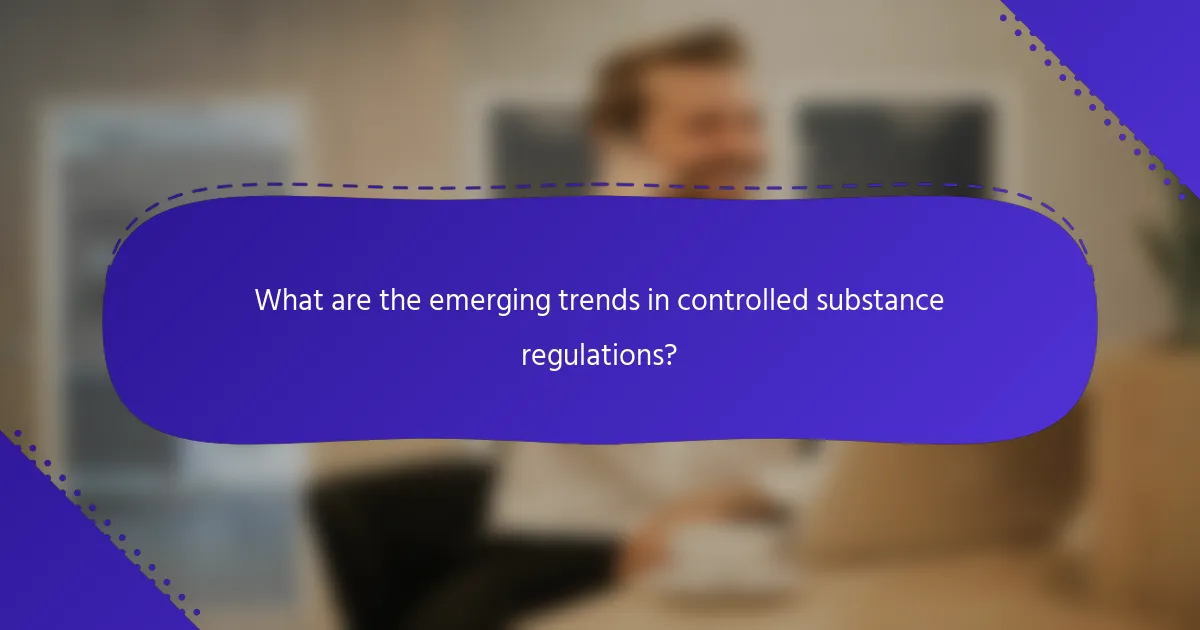
What are the emerging trends in controlled substance regulations?
Emerging trends in controlled substance regulations focus on increasing oversight, improving patient access, and leveraging technology. These developments aim to balance the need for safety with the necessity of effective treatment options for patients.
Telemedicine and Prescription Practices
Telemedicine has transformed prescription practices for controlled substances by allowing healthcare providers to evaluate and prescribe medications remotely. This approach increases accessibility for patients, especially in rural areas, but requires strict adherence to regulations to prevent misuse.
Providers must ensure they are compliant with local laws regarding telehealth prescriptions, which may include specific requirements for patient evaluations and follow-ups. Utilizing secure platforms for consultations is crucial to maintain patient confidentiality and safety.
Impact of Technology on Monitoring
Technology plays a significant role in monitoring the prescription and use of controlled substances. Electronic health records (EHR) and prescription drug monitoring programs (PDMPs) help track prescriptions and identify potential abuse patterns.
Healthcare providers should regularly consult PDMPs to verify patient histories before prescribing controlled substances. This practice can reduce the risk of overprescribing and enhance patient safety by ensuring appropriate medication use.
Future of Patient Awareness Campaigns
Future patient awareness campaigns will likely emphasize the importance of understanding controlled substances and their risks. Educating patients about safe usage, potential side effects, and the importance of following prescriptions can help mitigate misuse.
Healthcare providers should actively participate in these campaigns by providing clear information and resources. Engaging patients through workshops, informational brochures, and online resources can foster a better understanding of controlled substances and promote responsible use.


